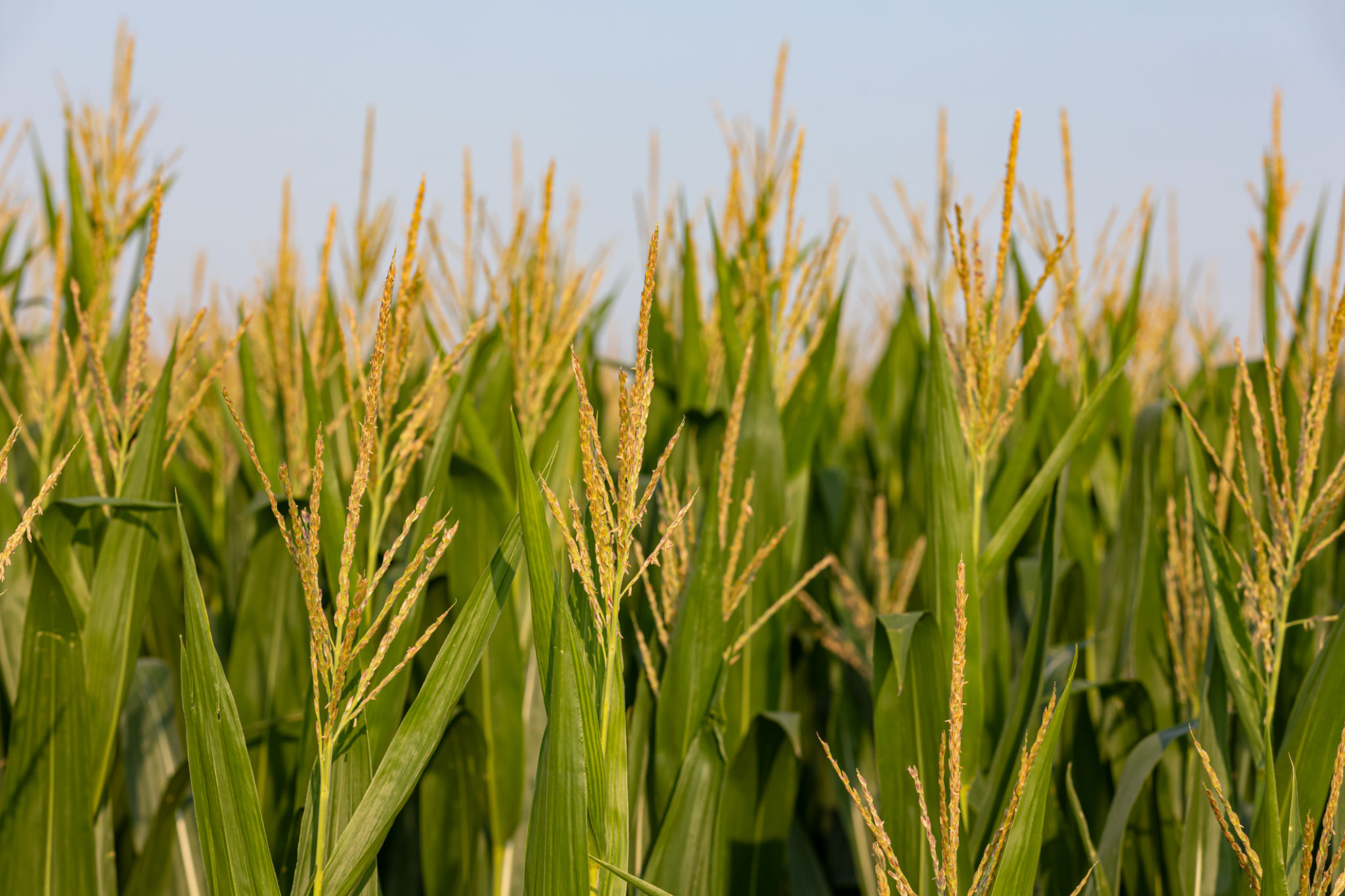Case Study: Successful Implementation of Water Management Systems in Delaware’s Agriculture Sector
Introduction to Water Management in Delaware
Delaware's agriculture sector has long been a cornerstone of the state's economy, playing a pivotal role in sustaining both local communities and the broader market. With its fertile lands and favorable climate, the state has excelled in producing a variety of crops. However, water scarcity and inefficient water management have posed significant challenges. The recent implementation of advanced water management systems has marked a turning point, showcasing a model of sustainability and efficiency.
Water management is crucial for ensuring that farms remain productive without depleting resources. By adopting innovative technologies and practices, Delaware's agricultural sector is not only preserving its water resources but also enhancing crop yields. This case study explores the strategies employed and the positive outcomes witnessed.

Advanced Technologies in Water Management
The introduction of cutting-edge technologies has been central to the success of water management systems in Delaware. Farmers have integrated methods such as precision irrigation, which involves using sensors and automated systems to deliver water directly to the root zones of plants. This minimizes water wastage and ensures optimal growth conditions.
Additionally, the use of predictive analytics allows farmers to assess weather patterns and soil moisture levels, enabling them to make informed decisions about water usage. These technological advancements have significantly improved water efficiency across the state.

Precision Irrigation Techniques
Precision irrigation is a standout feature of the new systems. By using drip or micro-sprinkler systems, farmers can precisely control the amount of water each plant receives, reducing evaporation and runoff. This method not only conserves water but also promotes better crop health, leading to higher yields and quality produce.
Sustainable Practices and Their Impact
Beyond technology, adopting sustainable practices has been key to the successful implementation of water management systems. Farmers have embraced crop rotation and cover cropping to maintain soil health, which in turn improves water retention capabilities.
Moreover, community engagement and education programs have played a significant role in promoting water conservation practices among farmers. By fostering a culture of sustainability, Delaware is ensuring long-term benefits for both the environment and the agricultural economy.

Community Involvement
The involvement of local communities has been instrumental in driving change. Educational workshops and collaborative initiatives have empowered farmers with the knowledge and tools needed to implement effective water management strategies. This collective effort has fostered a sense of responsibility and stewardship among stakeholders.
Outcomes and Benefits
The successful implementation of these systems has led to multiple positive outcomes. Water usage has decreased by nearly 30%, significantly reducing the pressure on natural water resources. This conservation effort has also resulted in cost savings for farmers, as less water usage translates to lower operational expenses.
Furthermore, the enhanced efficiency in water management has resulted in increased crop yields and improved quality. The agricultural sector is now better equipped to meet market demands while maintaining environmental responsibility.

Future Prospects
The success observed in Delaware's agriculture sector serves as a blueprint for other regions facing similar challenges. As more areas adopt these innovative systems, the potential for widespread improvements in water management increases. Future advancements may include further integration of AI technologies and expanded community-led initiatives.
In conclusion, the successful implementation of water management systems in Delaware highlights the importance of innovation and collaboration in addressing environmental challenges. By prioritizing sustainability, Delaware's agriculture sector is set to thrive for generations to come.
